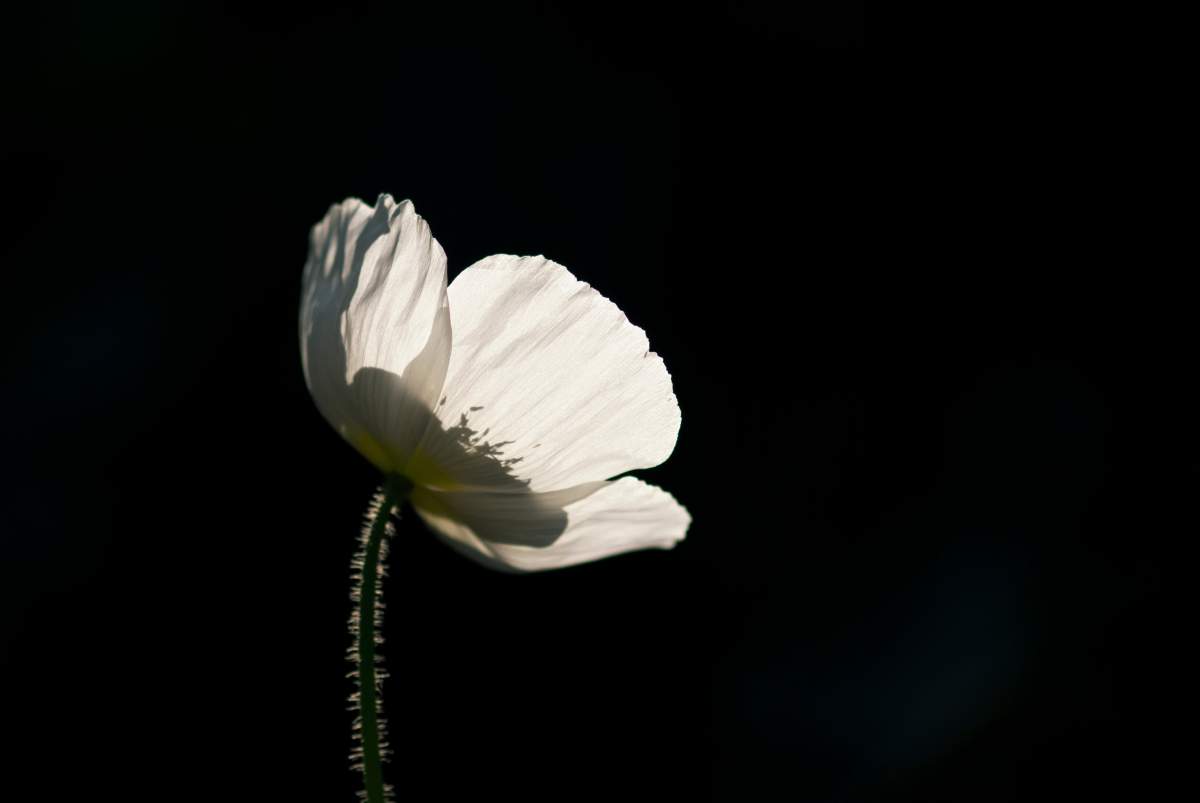In a country such as ours, Canadians are free to wear or not wear a poppy on their chest to commemorate Remembrance Day. Furthermore, Canadians are free to wear a different sort of symbol if they so choose. None of this should be mandatory or prohibited.

One might argue, even, that the freedom to reject the poppy or even Remembrance Day itself is part of the very freedom that we honour our veterans for helping to protect.
So while we should never tell anyone they cannot choose to adorn a white poppy, it’s fair game to criticize the symbol and to criticize those who would co-opt Remembrance Day to advance a different cause — a cause which is at best a misunderstanding, and at worst an insult, of what Remembrance Day is all about.
Very simply, Remembrance Day is about paying tribute to those who have served their country and those who have made the ultimate sacrifice in that service. It’s also about ensuring that Canadians are aware of and remember those sacrifices. That’s it. It’s not a glorification of war or a celebration of militarism, and to suggest otherwise rather misses the point.
Each year, though, the Peace Poppy campaign urges Canadians to shun the red poppy in favour of a white one. Their argument is that remembering is not enough and that we need to commemorate all victims of war, reject war as a tool for social change, and call for “peaceful conflict resolution,” among other things.

Get breaking National news
Peace is a noble desire, but pacifists do not hold a monopoly on that desire. Moreover, an absence of war or conflict is not “peace,” even if such a state of affairs happens to meet the criteria of the pacifist. What would pacifism in the face of Nazi aggression have wrought, for example? One shudders to think.
Regardless, if pacifists wish to embark on a campaign to promote their worldview, then they’re certainly entitled to do so. Why, though, must it coincide with Remembrance Day? The only logical answer to that question is that they believe that Remembrance Day is in direct conflict to the promotion of peace or the acknowledgment of the horrors of war. And that’s an absurd contention.
Canadian veterans know full well the horrors of war. Taking a moment to appreciate their sacrifice and contribution in no way takes away from that reality or overlooks the suffering of innocent civilians caught up in such conflicts. Would anyone, for example, argue that Remembrance Day minimizes the atrocities of the Holocaust or distracts us from remembering that dark chapter of human history? Of course not.
WATCH BELOW:
While even the most ardent pacifist might acknowledge the need to have confronted the Nazis, Canada’s military involvements since then might be, in some cases, a little more contentious. While I personally felt that the Canadian mission in Afghanistan was justified and necessary, not every Canadian felt that way. Remembrance Day does not require a blanket approval of every decision made to send Canadian soldiers into harm’s way or into direct conflict. Quite the opposite, actually.
The men and women of the Canadian Forces are not the ones who make the decision to commit themselves to battle. They sign up (or, in years past, were conscripted) not knowing what might be asked of them or whether they might be asked to die for their country. Honouring that choice and that sacrifice is not an endorsement of any military or foreign policy decision made by any politician.
If peace activists wish to highlight what they consider to be the negative consequences of those political decisions, then go ahead and build a campaign and event around it. But don’t intrude on and tarnish Remembrance Day. Give our veterans their moment and leave your own pet cause for another day.
Rob Breakenridge is host of “Afternoons with Rob Breakenridge” on Calgary’s NewsTalk 770 and a commentator for Global News.














Comments
Want to discuss? Please read our Commenting Policy first.